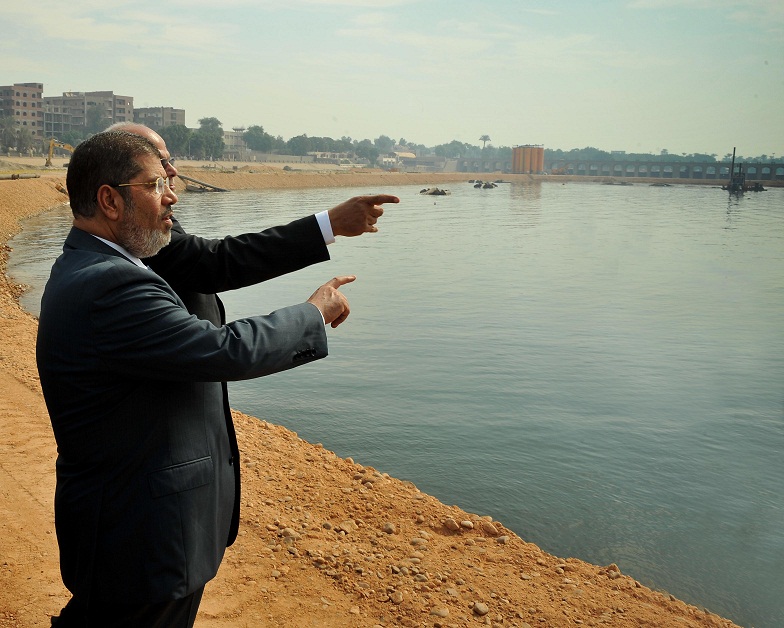CAIRO: A report on the human rights situation in Libya has implicated Egyptian security authorities in the disappearance of Libyan dissidents during the 1990s.
Human Rights Watch’s (HRW) report, “Libya: Truth and Justice Can’t Wait is based on a 10-day visit to the country by HRW in April and examines Libya’s human rights records.
The report says that the practice of enforced disappearance continues in Libya, and estimates that “thousands of individuals have disappeared over the past three decades.
In three of the disappearance cases described in the report the individuals concerned were in Egypt at the time they disappeared.
Mansur Al-Kikhya, a former Libyan representative to the United Nations who joined the Libyan opposition abroad in 1980 disappeared on Dec. 10, 1993, while in Cairo for a meeting of the Arab Organization for Human Rights.
According to the report, his friends believe that Egyptian security officials handed him over to Libyan security.
National Front for the Salvation of Libya members Jaballa Hamed Matar and Izzat Al-Magaryef both disappeared on March 13, 1990 from Cairo, where they lived since escaping Libya and President Moammar Qaddafi’s policy of targeted assassinations of his opponents.
Al-Magaryef’s son Youcif told HRW that on March 13 “Egyptian Intelligence officer Colonel Mohamed Hassan came to our home requesting my dad to accompany him for a routine meeting. My father left with him, never to be seen again.
According to letters and audio recordings subsequently received by Youcif and his family, Al-Megaryef had been interrogated by Egyptian security officers and handed over to Libyan intelligence on March 14, 1990. He was then incarcerated in Libya’s Abu Salim prison.
Jaballa Hamed Matar disappeared in Cairo at the same time as Al-Magaryef. His son, writer Hisham Matar, gave an account of events before and after the disappearance, printed in the UK’s The Independent newspaper in 2006. Matar writes that his father was told that there was someone waiting outside the family’s home in Cairo to see him. Matar left the house and was never seen again.
“For the first two years, the Egyptian secret service assured us that they had him in Cairo, and that his imminent release could only be assured by our silence: ‘If you make a fuss we can not guarantee anything’, Hisham Matar writes, continuing that an Egyptian security officer told Matar’s mother, “He s well. You must be patient. It s for his own good. He crossed the line, went too far. Libya is our neighbor.
The family eventually received a letter smuggled out of the Abu Salim prison where Matar had been taken in which he described being bundled into a car whose windows had been papered with newspapers and put in a plane to Tripoli.
Al-Magaryef and Matar’s families have received no further communication from the men since the mid-1990s. In July 1996 prison authorities carried out a mass killing in the Abu Salim prison during which it is estimated that some 1,200 prisoners were killed.
HRW researcher and author of the report, Heba Morayef, told Daily News Egypt that Egyptian and Libyan intelligence bodies have a history of “high level cooperation on the return of suspected Islamists and individuals suspected of wanting to join the insurgency in Iraq.

